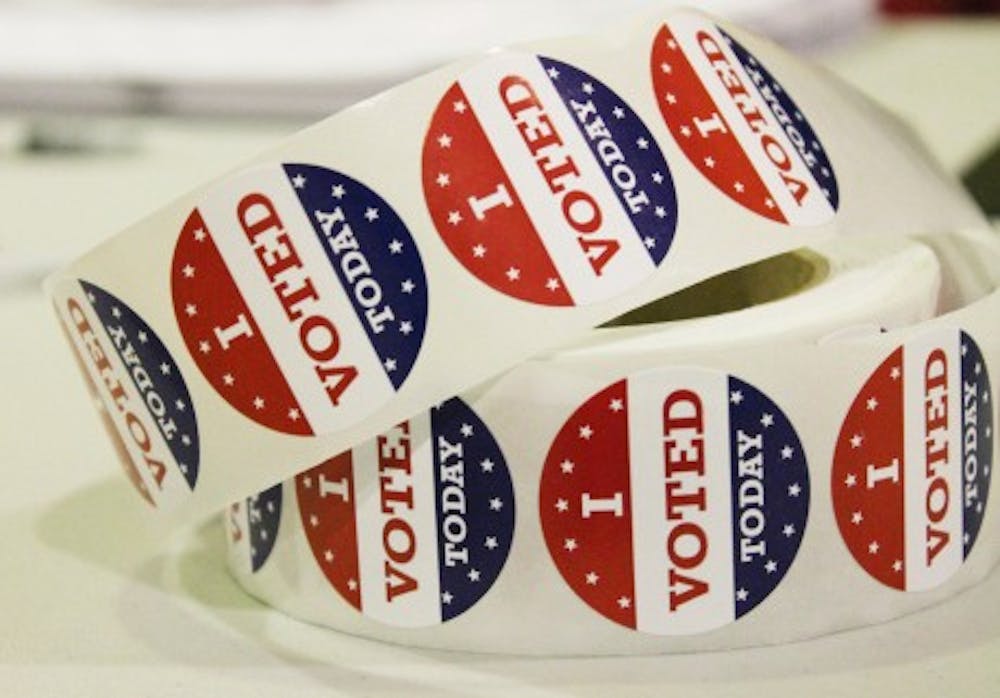In late July, the court declared the bill unconstitutional, saying the law was put in place to stifle the African-American vote “with almost surgical precision.”
Penda Hair, who was the lead attorney in the North Carolina NAACP v. McCrory voting rights case, said the organization was thrilled after the ruling.
“The fourth circuit got it exactly right,” Hair said. “The law was intended to discriminate and suppress the African-American vote.”
But the court didn’t specify how to plan early voting without the law as guidance, leaving counties to adjust their election policies accordingly.
In response to the ruling, the State Board of Elections announced early voting would run from Oct. 20 to Nov. 5. Same-day registration would be available at early voting sites and voters would not have to show photo identification during this year’s election — eliminating the two most contested parts of the original 2013 bill.
The rest is up to the counties — voting sites, dates and number of hours.
The Orange County Board of Elections sent two plans for early voting to the State Board of Elections after its Aug. 16 meeting. Orange County Board Member Jamie Cox and Chairperson Kathy Knight successfully voted to keep the polls open 38.5 hours longer than were originally planned under the 2013 law, according to the (Raleigh) News & Observer.
As of Aug. 8, Wake County’s plan would give voters the seven extra days the State BOE requires, but those first seven take place at only one voting site, rather than the general 19 locations Wake County offers starting Oct. 27. Wake County’s plan is still pending the State BOE’s approval.




